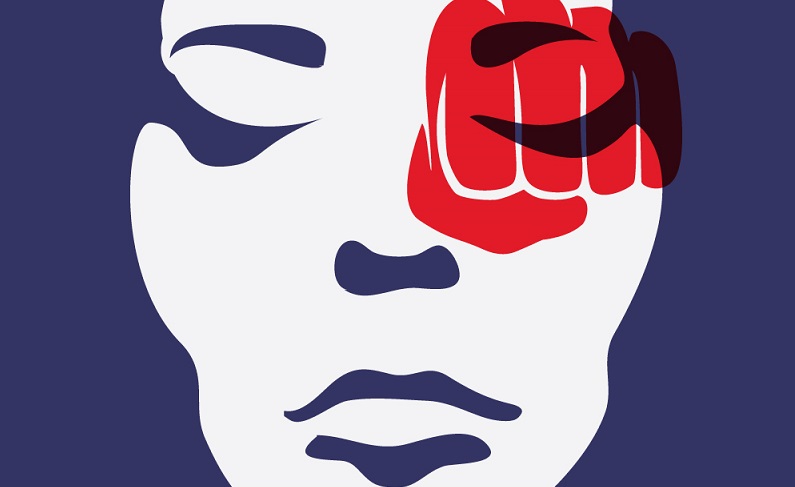By Sidonja Manushi
As Albanian tradition goes, when a couple gives birth to a baby boy, the father tips the nurse to express his happiness for the birth of a male heritant.
When the couple gives birth to a baby girl, however, the nurse usually says: “I hope next time it’s a boy.”
And so it goes. Albanian boys are rarely denied any whims, systematically justified for doing poorly in school because “boys will be boys after all” , told to protect their sisters against dishonor at any risk and generally applauded for assessing their dominance, be it in a verbal, physical or even abusive way.
If a boy brings home a girl at an early age, he’s worth of his father’s pat on the shoulder. If a girl brings home a boy, even at an adult age, she’s required to get her father’s approval.
If a boy decides to stay home with his parents as an adult, he is excused and taken care of. If it happens that a girl stays with her parents after her mid-twenties, she is a spinster and everyone gets worried.
Many will oppose the above statements, saying this is just a tribal society that no longer describes Albania as a whole, but only villages deep in the mountains.
However, for as long as cases similar to Ariela Murati’s, who was shot dead on Sunday after rejecting the advances of a former classmate, continue to shake us, there really can’t be another description of our society.
The details of the homicide, which happened this weekend in the centre of Tirana, are redundant after being covered by a number of media outlets for days in a row — they’re even unnecessary, and, in most cases, insensitive to the pain of Murati’s family and the overall tragedy of the situation.
The phenomenon this homicide points at, however, is of uttermost importance for the well-being and further development of Albanian society.
Whenever a gender-based crime happens in the country – and, unfortunately, the occasion is frequent – several things happen simultaneously.
First, experts, politicians, and other prominent figures appear on TV shows and talk of a need for substantial change in threat reporting and victim protection methods.
Second, civil society representatives protest, address letters to the government and the parliament and ask for a more serious understanding and application of human rights.
Third, a mostly silent, but very relevant, part of society yet continues to justify the actions of boys and men, either by saying they “must” be mentally unstable, or by believing they must have had some underlying reasons for threatening, violating, or, as in Murati’s case, killing someone, thus engaging in victim-blaming.
Meanwhile, gender-based violence continues to wreck lives.
Albania indeed has a long way to escape its tribal, masculine mentality which, contrary to what most people believe, is rooted as close as Tirana’s outskirts and, even more dangerously, inside the heads of the youth that gets raised with a fossilized mentality transmitted generation after generation.
And it is to be expected that were tribalism and masculine traditionalism prevails, laws and human rights cannot.
Threat reporting will not be taken seriously until girls and women are taken seriously, until the word “no” becomes a right.
Similarly, victim protection cannot be credible in a society whose mentality fosters treating threats against girls or women in a hidden, silent manner because victims merely have hidden, silent roles in it.
Human rights cannot be taught overnight, but they should be entrenched in the country’s educational programs since early childhood, while it should be made sure at least this information reaches the ears of children in the furthest village of the deepest mountain.
Last but not least, love does not justify crime. What’s more important, love does not lead to crime. Obsessiveness, a hurt ego, inability to take ‘no’ for an answer, lack of fear from consequences, and all above-mentioned societal features are the things that lead to gender-based crime in Albania.
And only when we take measures against the underlying causes that are hampering an entire society, when we start teaching our children violence is never the answer to anything, but only a tribal reaction to uncertainty and confusion, and when we view the birth of children – no-matter their gender – as equally wonderful, we can say we’ve started taking steps towards emancipation.









